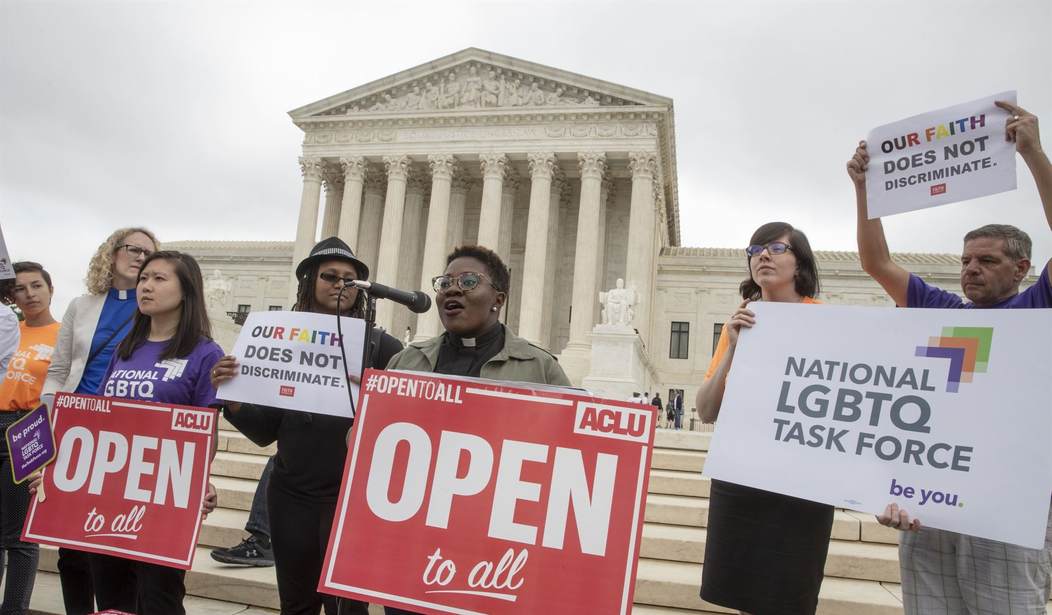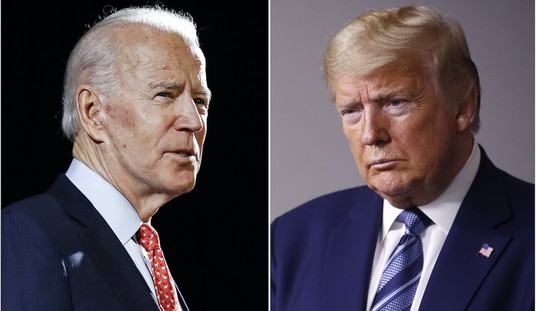There was a decision rendered on Friday in the California Court of Appeal that will impact some portions of the ongoing debates over transgender rights and free speech. The catch here is that the state law in question, California Health & Safety Code § 1439.51, applies only to employees of long-term healthcare facilities such as nursing homes and hospitals. But even in that limited scope, it provides another bit of precedent that may wind up applying to the large backlog of similar cases currently making their way through the system.
In the case of Taking Offense v. California, the plaintiffs were challenging the constitutionality of the portion of the law that makes it a criminal offense to repeatedly “misgender” a patient in the facility by referring to them using the pronoun appropriate for their biological gender and not the gender they “identify” as. At Reason, Eugene Volokh identifies the applicable portion of the law and breaks down the court’s ruling.
[I]t shall be unlawful for a long-term care facility or facility staff to take any of the following actions wholly or partially on the basis of a person’s … gender identity[ or] gender expression …: Willfully and repeatedly fail to use a resident’s preferred name or pronouns after being clearly informed of the preferred name or pronouns.”
The court struck down that portion of the law based on a well-established principle. As Volokh goes on to point out, the court found that the use of pronouns constituted content-based speech. In other words, the law discriminates against speech based on the substance of what it communicates. The Supreme Court has generally ruled against such laws, though there are exceptions. This is the opposite of what’s known as a content-neutral law which would apply to expression without regard to its substance.
The state attempted to argue that the law was actually content-neutral because the employer was not forcing the employee to use either pronoun, leaving them the option of avoiding the use of pronouns entirely. The court shot that argument down as well, saying that the First Amendment was quite clear on this aspect of the argument.
“The First Amendment against state action includes both the right to speak freely and the right to refrain from speaking at all.” For purposes of the First Amendment, there is no difference between a law compelling an employee to utter a resident’s preferred pronoun and prohibiting an employee from uttering a pronoun the resident does not prefer.
As I noted above, none of this is going to put much of a serious dent in the ongoing transgender pronoun wars, mostly because of the limited scope of the law. It’s also disheartening to see the court bend over backward in its ruling to point out that intentional “misgendering” may be “disrespectful, discourteous, and insulting, and used as an inartful way to express an ideological disagreement with another person’s expressed gender identity.”
We’re clearly drifting further and further into the territory of thought crimes and speech crimes being recognized as punishable offenses in this country. The recognition of “hate crime” laws by the courts is one of the areas where this disturbing trend began, but the ongoing transgender debates have seriously pumped up the volume.
The plaintiffs in Taking Offense v. California also sought to conflate the issue of name changes with gender-based pronoun usage, when the two should be entirely unrelated. People change their names all the time, either legally, through a DBA (“doing business as”) or simply adopting a nickname or a preference for using a middle name. I have no problem with using any person’s name as they define it, provided they don’t go out of the way to rename themself using some sort of profane or offensive language. (If you change your name to “(F-word) John Smith”, I’ll probably still call you John.)
When it comes to gendered pronouns, however, even the Court of Appeal recognized that their usage can represent a valid debate over the concept of gender identity and medical science. Further, this shouldn’t be a question over what people call themselves or how they describe their identity. As far as I’m concerned, you can call yourself a wildebeest and I’m not going to debate you over it. Where we run into a problem is when you try to use the courts or law enforcement to force me to call you a wildebeest. You have a right to free speech. So do I. Let’s stay on our own sides of the chessboard here, shall we?








Join the conversation as a VIP Member